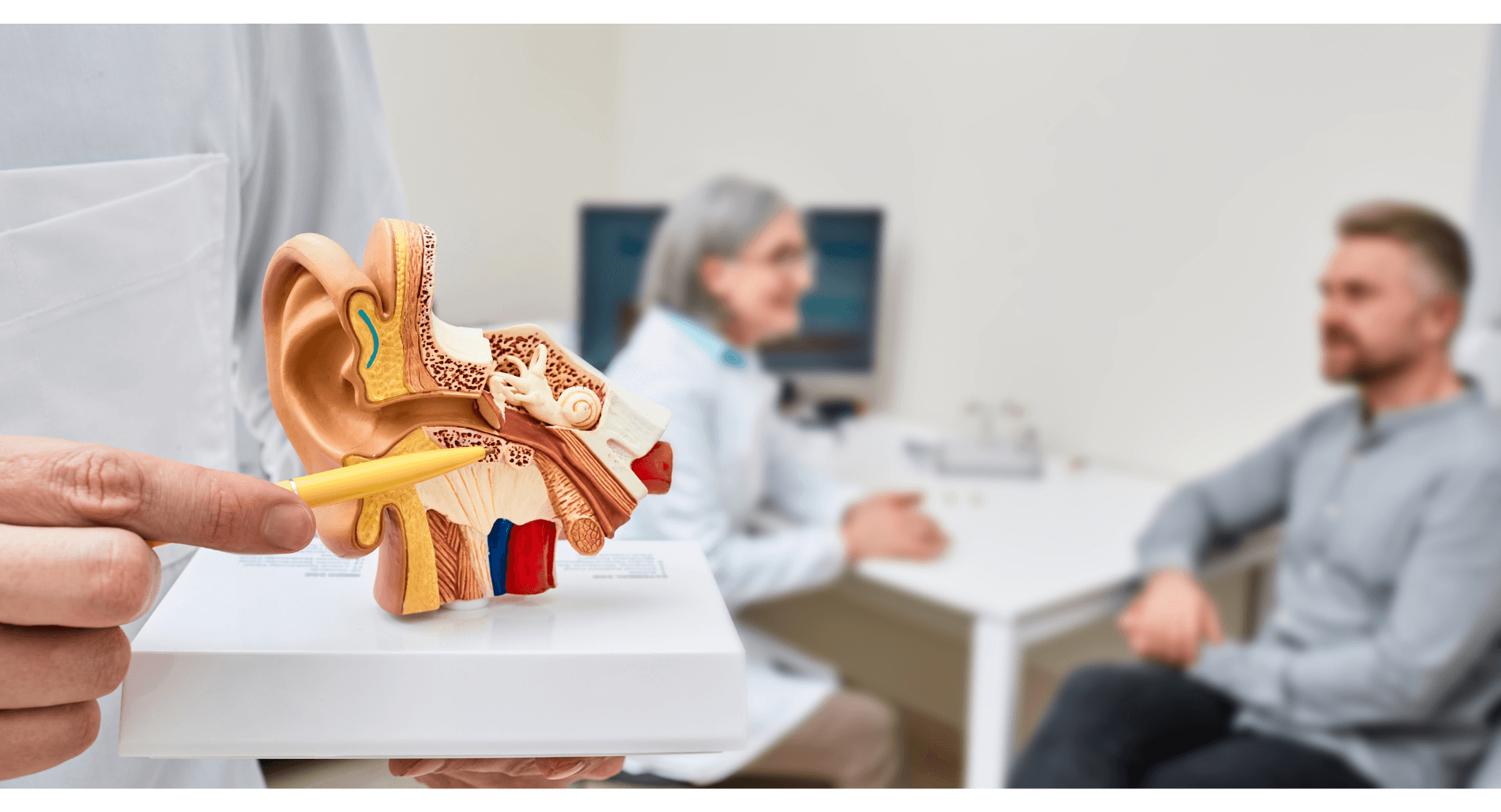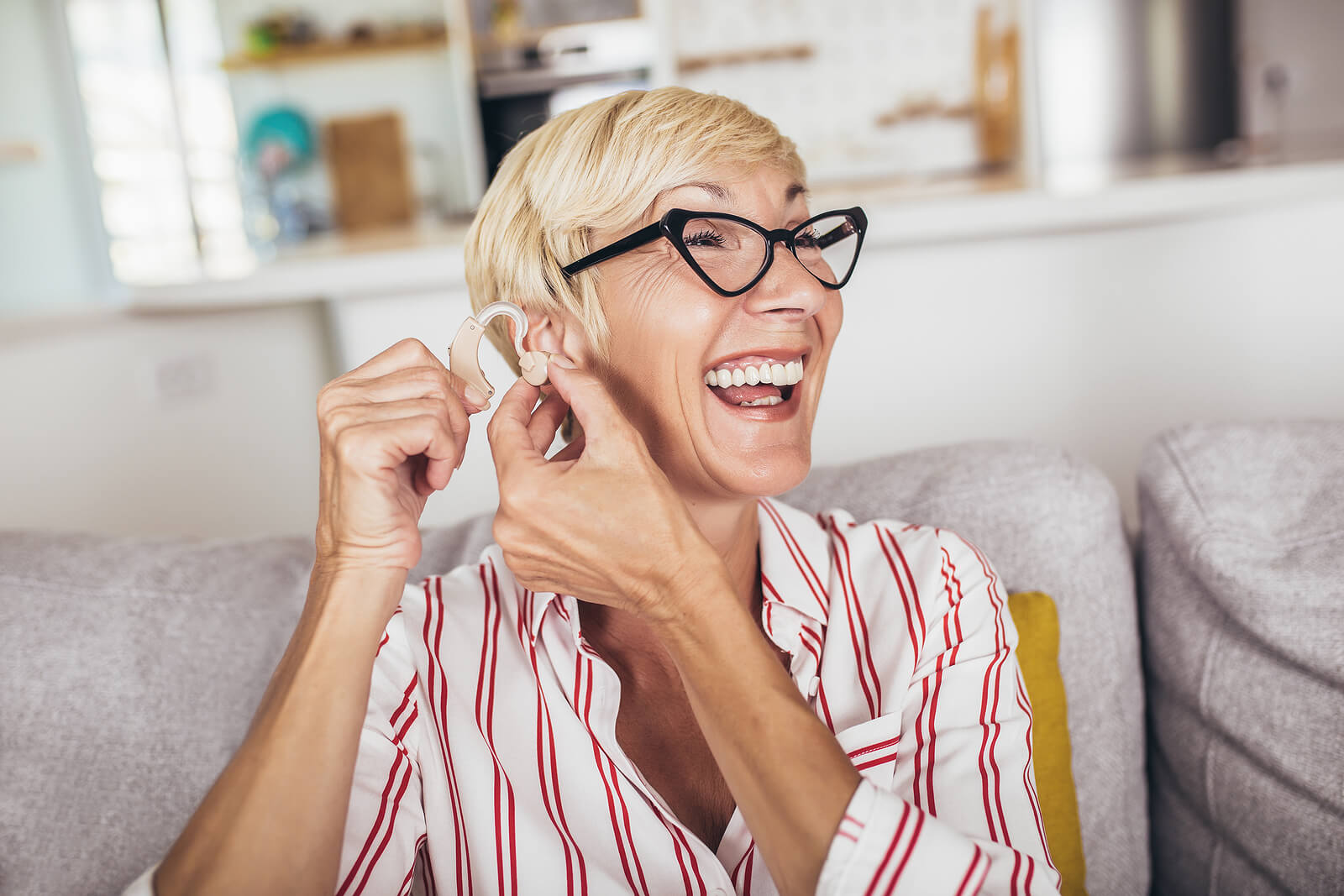
Some conversations feel effortless, while others demand extra focus. Background noise, muffled speech, or even fatigue can make listening a challenge, but small adjustments can make a big difference, enhancing sound clarity and reducing frustration.
Hearing well is not only about volume. It also involves processing sounds accurately and distinguishing speech from noise. With the right strategies, daily interactions can feel more natural and engaging.
Choose the Right Hearing Aids
The right hearing aids should match an individual’s lifestyle and hearing needs. Features like noise reduction, directional microphones, and Bluetooth connectivity improve clarity in different environments. A professional fitting ensures optimal performance and long-term comfort. Choose hearing aid models tailored for various listening situations. Rechargeable options eliminate battery worries, while custom settings personalize the experience.
Reduce Background Noise
Too much background noise makes conversations harder to follow. To improve speech clarity, try turning down the TV, closing windows, or moving to a quieter space. Restaurants with carpeting and soft furnishings absorb excess sound and make focus easy. Strategic seating also helps in noisy environments. Sitting with your back to the wall reduces distractions and enhances direct sound.
Practice Active Listening
While speaking, facing the speaker, maintaining eye contact, and watching lip movements provide valuable context. Repeating or summarizing key points confirms comprehension and keeps discussions flowing smoothly. Patience is important when adjusting to new listening techniques. Asking for clarification when needed encourages effective communication.
Over time, active listening becomes second nature and enhances overall hearing experiences. Practicing mindfulness during conversations enhances focus. Reduce distractions, such as looking away or multitasking, to process speech more effectively. Staying present in discussions leads to better engagement and comprehension.
Schedule Regular Hearing Checkups
While routine evaluations track any shifts and allow for timely adjustments to hearing aids, early detection prevents small problems from becoming bigger obstacles. Professionals assess hearing ability and device performance to fine-tune settings, replace worn parts, and provide helpful tips for daily use. Consistent care ensures hearing aids function optimally for years to come.
Optimize Hearing Aid Settings
Many hearing aids offer multiple settings for different environments, and it is important to understand how to switch between modes in various situations. Personalized adjustments make conversations at home, work, and social gatherings more enjoyable. Feedback or discomfort may signal the need for minor modifications. For better performance, small tweaks to volume, background noise suppression, or frequency settings could be necessary.
Maintain Healthy Hearing Habits
Protecting ears from loud noise, managing stress, and staying physically active support long-term auditory function. Healthy blood circulation ensures the inner ear receives necessary nutrients, but simple precautions like wearing ear protection at concerts or lowering headphone volume prevent further hearing loss. While practicing mindful listening habits for better hearing experiences, be reminded that combining care with technology creates a strong foundation for clearer communication.

Understanding the Anatomy of the Ear
Matthew Favinger, M.S., F-AAA

Tips For Improving Your Hearing Experience
Matthew Favinger, M.S., F-AAA

